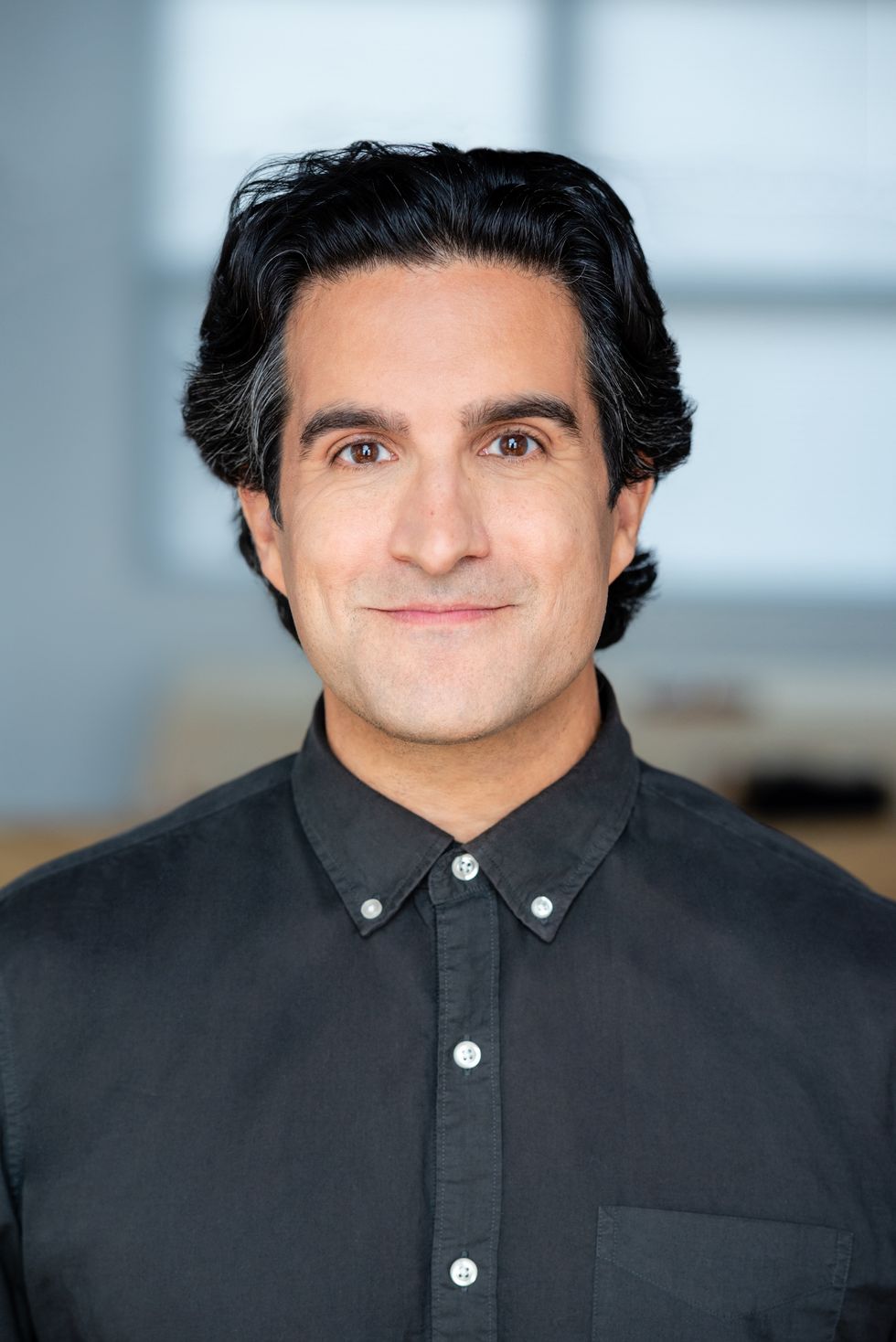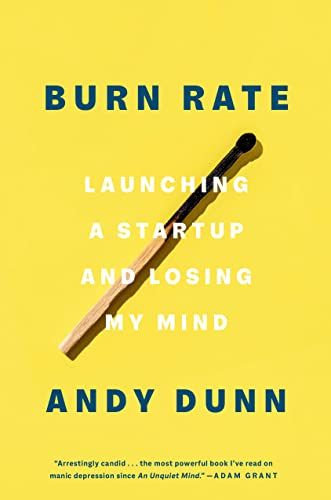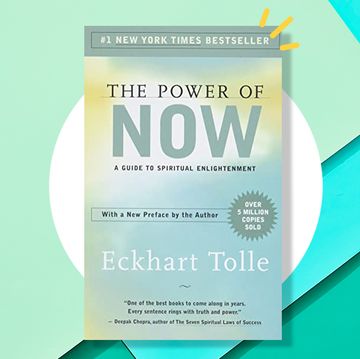In 2016, Andy Dunn, cofounder of Bonobos, was about to sell the company when he went into a manic spiral and could no longer deny a bipolar I diagnosis he’d received 16 years earlier. That spiral landed him in the hospital and in jail, charged with an assault that occurred during it—and left him with a lot of explaining to do to the board and his management team.
For all those years, he explains in his new book, Burn Rate: Launching a Startup and Losing My Mind, he was sure that acknowledging that diagnosis would have prevented him from getting him the success he wanted. Now, off the rollercoaster of denial and on the other side—charges were dismissed, the company was sold, he feels lucky to have the funds to keep his mental health on track—he’s learned that talking about mental health only helps. Here, he explains why it’s so important for all of us to take down the taboo of talking about mental wellness at work, what’s changing, and where we can do better:
In 2016, I came within an inch of losing my company and everything I cared about. I had hidden my bipolar I disorder diagnosis from myself and everyone else. If people knew I had it, would I have been able to raise $128 million and create a whole new way to do retail, as we did over the lifetime of Bonobos? In some regard, I felt like the very price of entry into what I wanted to do—create and build a company—might have been blocked if I had been open. Although it’s not like I could have had that conversation with others, because I couldn’t have it with myself. I had so buried what I thought was the stain of that diagnosis that there wasn’t even a healthy, productive dialogue in my own mind about it. And it cost me.
I think about how much healthier I might have been if I didn’t have a 16-year delay between being diagnosed and accepting it, which came only when my whole world almost came crashing down. None of us should have to wait or meet near catastrophe to be healthy. It’s important to normalize the conversation about mental health so people don’t feel that disclosing something so profoundly challenging in their life is going to be career limiting.
More From Women's Health

We already know that mental illness is in the workplace. We know that just by the rules of math. One in five people have faced or are facing mental illness. I would argue that 100 percent of humans who make it to the age of 40 have dealt with some kind of mental health challenge, when you include things like grief and addiction.
So we should be talking about it. In my own life, I’ve seen that doing that changes the energy in the room. It frees it up and makes it safe for others to realize they can bring forward what they’ve dealt with. It feels more like a source of power than a weakness. Telling the board of directors about my mental health and hearing their compassionate response lifted an anvil of anxiety off my chest and loosened the noose of shame around my neck.
One of my primary goals now is to create a nudge to people, especially leaders, to create a safe environment where people can talk about mental health without fear of limitation.
That means taking advantage of opportunities for this to go well.
First, that means having leaders normalizing the disclosure by finding a chance to share stories of mental health challenges they personally faced. It doesn’t have to be 60 minutes that takes all the oxygen out of the conversation. It can just be part of a talk in a fireside chat-type environment. But I can promise from my own experience, that it’s going to be the part that will really land with people. When you’ve led with something so vulnerable, it makes people open, and changes the dynamic in a really positive way.
Second, taking advantage of opportunities means people at any level of management need to be trained in learning how to receive a conversation about mental health. The table stakes to doing that conversation well are actually pretty simple. Just listen and hear it and accept it. You’re probably not going to be able to solve the issue. So it’s important to react in a way that gives that individual a welcome sense of having been heard: “thank you so much for sharing that with me”; “what can I do to make this a better place for you to be now that I know that?” I think we need training because so often we’re unprepared for the discussion.
Third, there needs to be community within the organization. It’s important to make the same effort around mental health as we have around other employee resource groups that we form.
Fourth, we need to make external resources available, especially if people don’t feel comfortable talking with anyone inside the organization. There are organizations that are trying to serve this ecosystem of providing mental health services, technologies, and support. Companies just need to make the decision to invest in them, because they’re not free. For instance, I know of a mental health startup in New York that provides a $2000 a year stipend per employee for them to use for their own out-of-pocket expenses toward any modality they believe will improve their mental health.
Finally, we need to take care of ourselves on an individual level. It’s important not to buy into the pervasive sense of individualist excellence at all costs. A lot of hard work is required in business and life, but it’s dangerous to assume that we have to kill ourselves or that we have to “die” trying. In my case, I was an outward success, but I almost lost it all. To not be sharing that and to promote the illusion that everything was going well would be a disservice.
There are so many movements of inclusivity that are paving the way for cultural change even though those journeys aren’t yet complete. I’m not going to call mental health and mental wellness the final taboo that needs to be lifted, but I think we’re ready for it to be next.
See more about how Andy Dunn manages his schedule and his mental wellness here.














